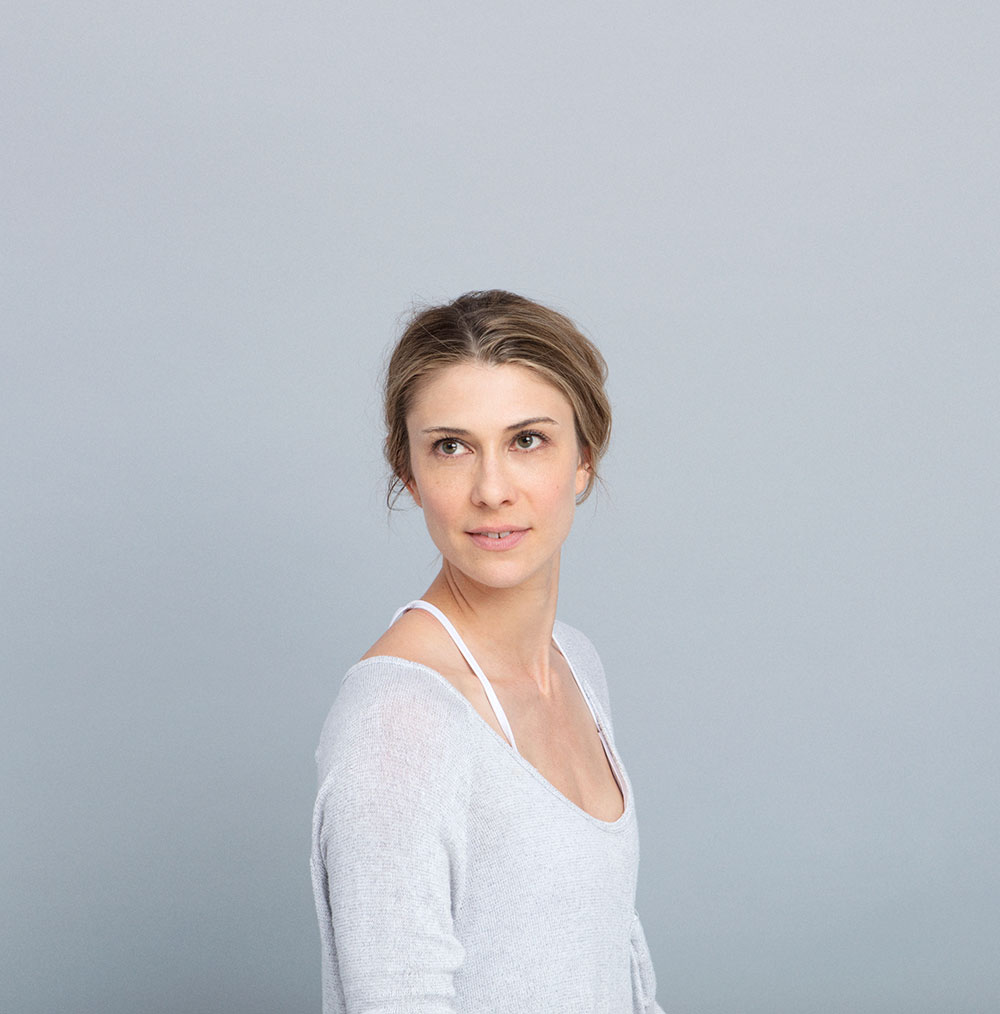
There’s no denying we’re living in a stressful age, despite all the good we enjoy in life. With many societal challenges affecting our collective psyche, as well as the personal difficulties that crop up for most, it’s so important to seek guidance on ways to gain emotional wellness.
For most parents, social media platforms such as Snapchat are a challenge, taking our kids into another zone and out of healthy physical interaction. We also know that we adults are not immune to this, yet we don’t always unplug. Help.
Julia Harkleroad: Social media is tricky. While at first glance it appears to be the thing connecting all of us—we are, in fact, the most alone we have ever been as a nation. As it stands now nearly half of all Americans rate themselves as “lonely.” How can this be when we are more “connected” through social media platforms than ever before? What the creators of Facebook, Snapchat, and Instagram failed to tell us is that while being “connected” on social media does initiate the release of dopamine (feel-good neurotransmitter in the brain) which translates to that little thrill we get when we see how many “likes” our photo has gotten or when someone we admire starts to follow our account, it does not trigger the release of oxytocin (hormone that acts like a neurotransmitter in the brain) which is necessary for us to feel truly connected. Oxytocin is the binder in all relationships. The catch is that two people have to be in each other’s physical presence for it to be released. This is my theory as to why America is so “connected” and yet so incredibly lonely.
Parents also need to understand how brain development works so they can have a realistic expectation of themselves and of their kiddos. A teenage brain is not fully developed. Therefore, a teenager, like a small child, is still dependent (just a little less so) on parents for full executive functioning. EF is housed in the frontal and parietal lobes of the brain and these are the last areas of the brain to mature. This is the part of the brain that holds the capability to make decisions about when to turn off a cell phone, when to ignore a Snapchat, when to resist cursing out a frenemy online. Monitoring social media usage is a parental must.
Lately, the news has been filled with the divisive political climate, not to mention the geopolitical chaos. What is your advice beyond just turning the news off?
JH: Focus on the now. It’s the only thing over which we have any measure of control. Tomorrow and yesterday are non-controllable. If more of us focused on getting our own lives in order, the world overall would be a better, healthier place. Focus on yourself, then focus on your kids, your friends, and your direct community. Do your job to the best of your ability and be compassionate towards yourself and your neighbor.
From a practical standpoint, commit to shutting down all media an hour before bed.
Facing the challenges of aging parents or ill loved ones is inevitable. How do we find a healthy balance between caretaking and self-care?
JH: I love the metaphor of the pre-flight safety demonstration: we are told every flight to put on our own air mask before putting on the mask of a small child or someone next to us in need. We are instructed to do this because if we run out of air ourselves, we can’t be of help to anyone else. The same is true for emotional caretaking. Set boundaries around yourself. Value yourself. Burnout happens when we become disconnected from our own needs. That’s when we grow resentful, frustrated, and lose compassion for others.
What are some other therapies that can help?
JH: I’m big on movement therapy, including teaching yoga and Kalos. I’ve heard emotions described as motivational states. They are mobilizers. Without them we would do nothing—make no movement. We are designed to be able to move our emotions. The best, most effective way to do this is through body movement. Get up. Get out. Move. Change the energy in your body and you change the breathing and the heart rate and that changes the mindset. Start small and be realistic but move. It’s natural medicine that is grossly under-prescribed.
Learn more about Julia Harkleroad’s practice on relatekc.com.


